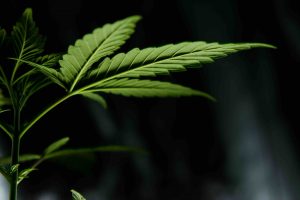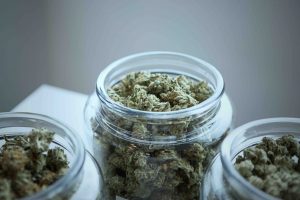Purdue Pharmaceuticals will plead guilty to three federal charges as part of an $8 billion settlement related to the production of OxyContin. Purdue and other pharmaceutical companies have been accused of lying to doctors about the addictiveness of their medication and funding pill farms by allowing small rural communities to purchase major quantities of the opioid that far surpassed their population. Other charges include conspiracy to defraud the United States and arranging kickbacks for doctors and clinics.
The judgment is expected to put Purdue Pharma into bankruptcy where their assets will be handled by a bankruptcy judge and a trustee. While the deal punishes the company itself, individual executives have not been absolved of wrongdoing. They can still face charges related to their individual roles in causing what has been dubbed “the opioid epidemic.”
Half a Million Deaths Since 2000
 Chicago Criminal Lawyer Blog
Chicago Criminal Lawyer Blog








